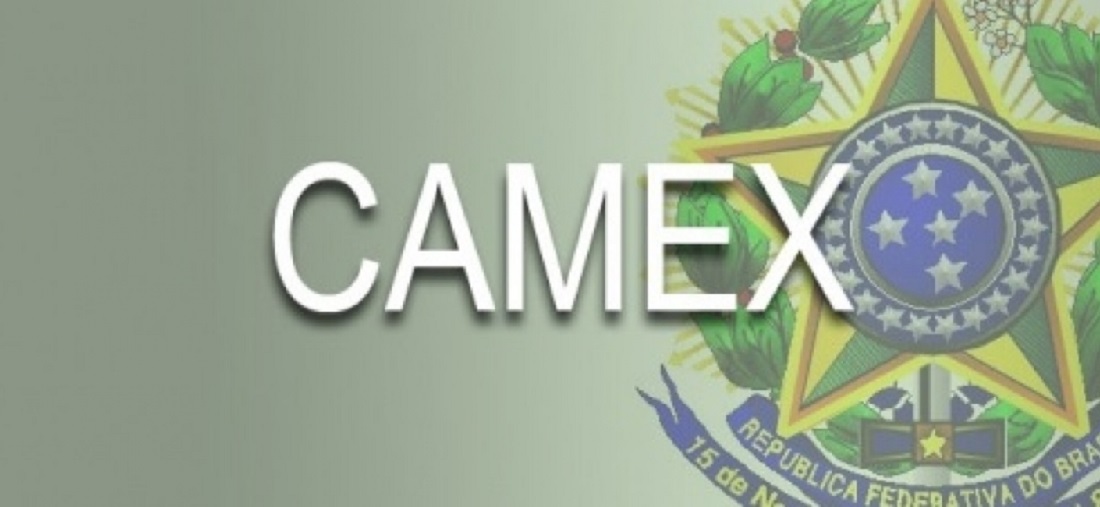
Camex Temporarily Increases Import Tariffs on 30 Chemical Products
Sep, 20, 2024 Posted by Sylvia SchandertWeek 202438
The Foreign Trade Chamber (Camex) decided last Wednesday (September 18) to accept a request from the national industry to raise import tariffs on 30 chemical products temporarily.
Most of the tariffs—ranging from case to case—will increase from 10.8% or 12.6% to 20%. These rates will remain at this level for 12 months.
The Brazilian Chemical Industry Association (Abiquim) requested additional protection, pointing to a “surge” in imports from Asia, primarily China.
Other markets like the United States and the European Union have recently adopted measures to contain this Chinese “invasion.”
Abiquim sought an increase in tariffs for 62 product categories—common nomenclatures in Mercosur (NCMs). The request was reviewed by Gecex, the executive committee of Camex, which is overseen by the Ministry of Development, Industry, and Commerce (MDIC).
The association claims that some factories, such as Rhodia’s in Paulínia (SP) and Fortal’s in Candeias (BA), have closed their production lines due to alleged unfair competition, with prices set below production costs by Asian manufacturers.
Camex approved the request to raise tariffs on 30 of the 62 NCMs. The other 32 did not receive any resolution.
The president of Abiquim, André Passos Cordeiro, expressed satisfaction with the decision in an interview with CNN.
“The important thing is not the quantity of products covered by Camex’s decision, but what this represents in monetary terms,” he stated.
According to him, 65% of total imports of the 62 products—estimated at up to $5 billion per year—will experience a temporary increase in tariffs. Cordeiro also emphasized that the measure will affect the main segments of the production chain, including both organic and inorganic chemicals.
“This decision is welcome, balanced, and well-founded technically. We expect it will provide some relief for the chemical industry,” said the executive.
Between 2000 and 2023, the share of imports in the Brazilian market rose from 21% to 47%. In the first half of 2024, the sector’s trade deficit reached nearly $23 billion, and the level of idle capacity in the national industry is at its lowest point in history.
Opposition Reaction
However, the measure has little unanimous support within the industry. Sectors that utilize chemicals as inputs are concerned about potential cost increases and difficulties maintaining jobs.
The president of the Brazilian Plastic Industry Association (Abiplast), José Ricardo Roriz Coelho, criticized Camex’s decision.
“It contradicts everything the government claims about protecting quality jobs. Moreover, it will have an inflationary impact,” he stated.
According to Roriz, Brazil has about 12,500 plastic processing companies that directly use chemical products, employing approximately 300,000 people.
The executive cited automobiles, construction, food and beverages, electronics, toys, footwear, and tires as sectors negatively affected by the increase in import tariffs on chemicals.
“In the food sector, packaging can account for up to 15% of the final price to consumers. We will see cost increases that may be passed on and could pressure inflation,” he added.
Source: CNN Brasil
-
Blog News (ENG)
Nov, 11, 2022
0
Orange Juice: consumption drop foreshadows high prices and a receding 2023
-
Ports and Terminals
Jun, 30, 2021
0
CCCC port in Maranhão still not off the ground
-
Ports and Terminals
Mar, 24, 2023
0
New reefer container throughput record in Brazil’s Paranagua terminal
-
Grains
Jan, 26, 2023
0
Argentina: soy complex exports to fall 20% in MY 2022/23



